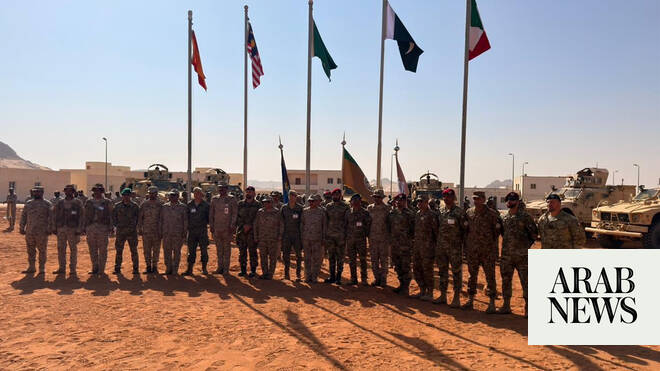Lebanon faces mounting uncertainty ahead of its parliamentary elections, with ongoing economic turmoil, political divisions, and escalating conflict along the border with Israel. Despite the formation of a new government earlier this year, the country's coalition-based system continues to hinder effective decision-making, and analysts warn that even timely elections may not prevent a return to political paralysis. Disputes over the voting rights of Lebanese expatriates and unresolved tensions surrounding Hezbollah's disarmament further complicate the situation, raising concerns that elections could be delayed or rendered ineffective.
Israeli airstrikes have persisted despite a ceasefire, targeting Hezbollah commanders and fueling fears of renewed conflict. Political leaders remain divided on key issues, and while some insist elections will proceed as scheduled, others caution that security shocks or political deadlock could derail the process. The core challenge remains the state's inability to assert exclusive authority over armed groups, leaving Lebanon vulnerable to both internal and external pressures as it approaches a critical political juncture.

 image sourced from original article at
image sourced from original article at 


